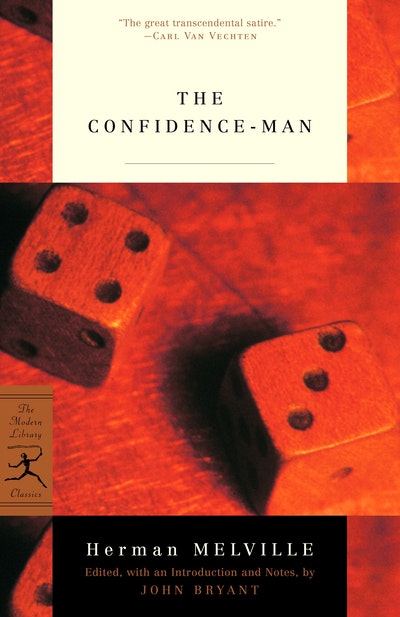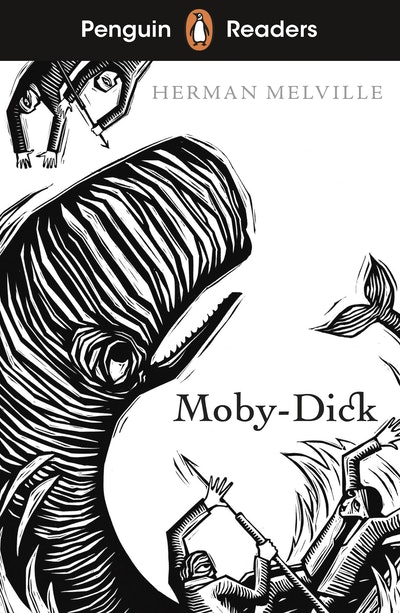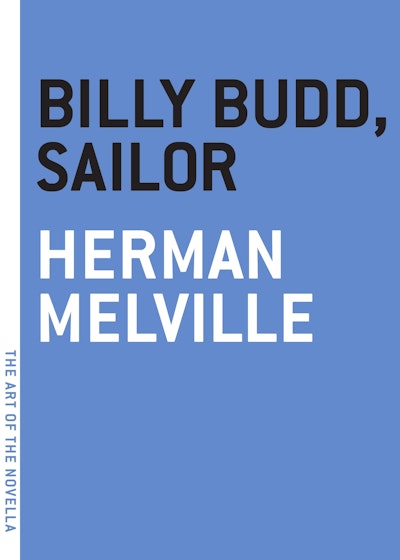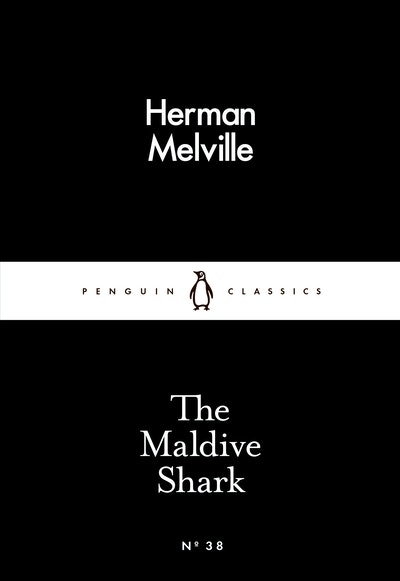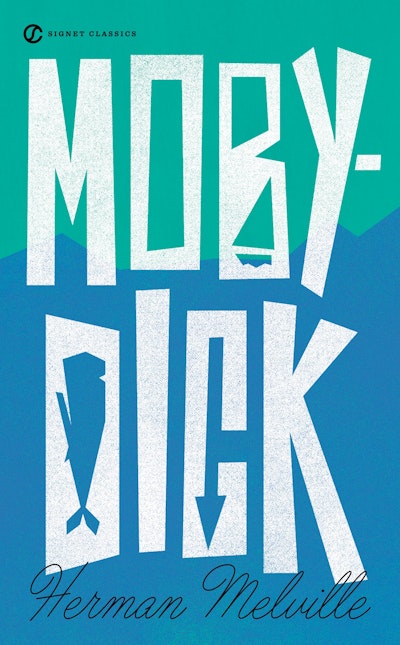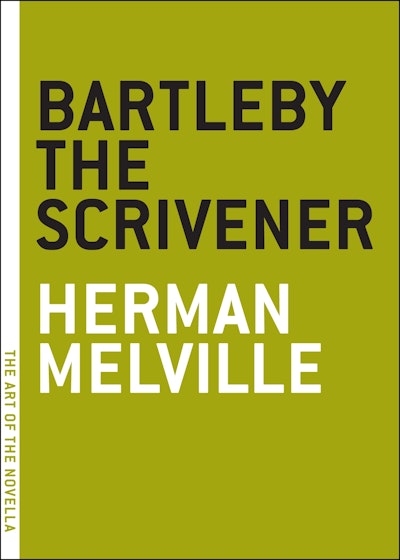[]
- Published: 1 December 2003
- ISBN: 9780375758027
- Imprint: Random House US Group
- Format: Paperback
- Pages: 384
- RRP: $45.00
The Confidence-Man
Formats & editions
Buy from…
- Published: 1 December 2003
- ISBN: 9780375758027
- Imprint: Random House US Group
- Format: Paperback
- Pages: 384
- RRP: $45.00
